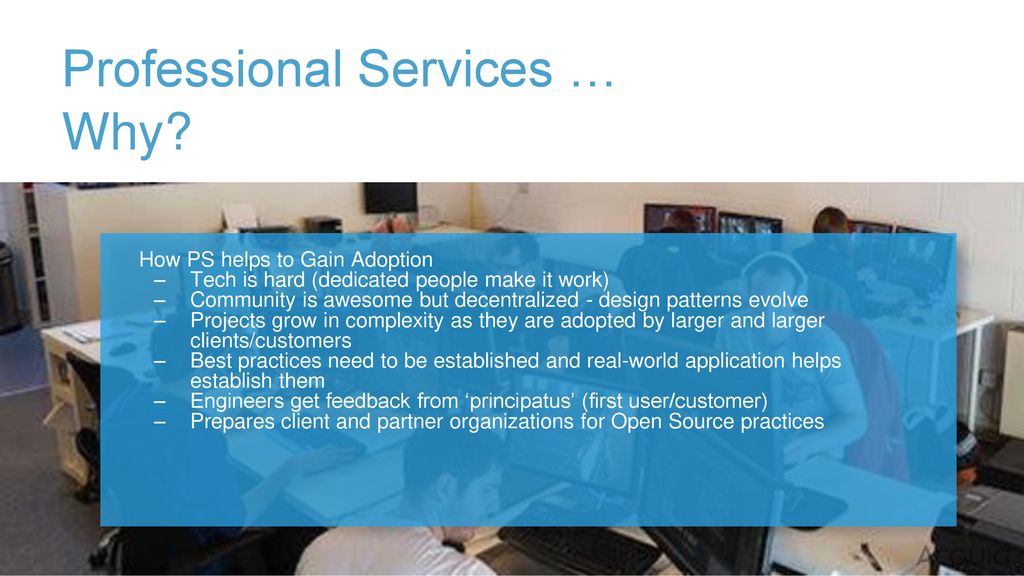Within today's fast-paced business landscape, the role of professional services has never been more crucial. Businesses across various industries depend upon expert knowledge to overcome difficult challenges, spur growth, and enhance operational efficiency. Whether it's law-related guidance, monetary advising, or promotional strategies, professional services provide essential assistance that enables organizations to flourish in an ever more cutthroat landscape.
As organizations seek to bolster their competitive standing, understanding the importance of professional services becomes vital. This article examines the power of networking within this field, exploring both why professional services are key for corporate growth but also the attributes to look for when selecting a collaborator. We will emphasize the key developments shaping the evolution of professional services and explore how firms can leverage expert insight to provide strategic benefit while adjusting to new technological advancements. Ultimately, the ability to forge long-term relationships with support vendors will be key in navigating the challenges of today’s business environment.
Grasping the Value of Expert Solutions
Specialized solutions play an vital role in the expansion and durability of companies across various sectors. Their value lies not only in the particular expertise they provide but also in the strategic insights that can drive significant institutional improvements. By employing the specialized expertise and skills of these service providers, companies can manage intricate obstacles, enhance operational efficiency, and gain a strategic position in the industry. Expert services serve as a impetus for innovation, enabling organizations to adapt to shifting consumer needs and harness innovative technologies effectively.
Moreover, partnering with professional services firms allows businesses to focus on their core strengths while contracting non-core functions to experts. This planned delegation not only saves time but also ensures that tasks are carried out with a greater level of expertise. Companies benefit from tailored strategies that are developed to address unique challenges, resulting in improved workflow and productivity. The investment in professional services ultimately leads to optimized processes that contribute to an organization’s financial health.
Another crucial aspect of expert solutions is their ability to nurture long-term relationships. Through these collaborations, companies gain perpetual support and access to a wealth of information that develops with industry trends. Professional service providers often stay at the forefront of compliance issues and market dynamics, delivering their clients strategic advice that is both timely and significant. As companies continue to face increasing pressures to succeed, the ongoing collaboration with expert providers becomes an essential asset for long-term growth and prosperity.
How to Pick the Best Professional Services Partner
Selecting the appropriate partner for professional services necessitates a thorough understanding of your organizational requirements and aims. Begin by analyzing your needs and the exact skills or capabilities you are looking for. Consider whether you need assistance in areas such as consulting, tech integration, or financial management. A comprehensive evaluation of your goals helps focus down possible partners that align with your objectives and can contribute efficiently to your achievement.

Afterwards, assess the qualifications and background of the firms you are looking at. Seek out partners with a proven track record in your industry and the particular offerings you require. Ask for examples or testimonials that illustrate their skills and successes with similar clients. Moreover, evaluate their method to collaboration and communication, as these elements greatly influence the relationship and outcomes of the partnership.
In conclusion, it is important to establish a positive cultural fit between your company and the services partner. This entails evaluating their principles, commitment, and readiness to grasp your business dynamics. A solid alignment in organizational culture fosters a more effective partnership. Make sure to have open discussions regarding expectations, deliverables, and timelines to ensure both sides are on the same page from the very beginning.
Key Trends Transforming the Prospects of Professional Offerings
The professional services is in flux, fueled by advancements in technology and changing client expectations. One key trend is the growing incorporation of machine learning and automation into service provision. Firms utilize these technologies to boost efficiency, minimize costs, and deliver enhanced insights. This shift not just empowers professionals to focus on high-impact tasks but also changes how clients connect to services, leading to a demand for increasingly digital providers.
Another critical trend is the growing emphasis on specialized knowledge and specialized expertise. As businesses seek tailored solutions to complex problems, professional services firms that can demonstrate deep industry understanding and niche skills will differentiate themselves. https://peterashbysmith.com/how-to-survive-dysfunctional-group-work-and-become-a-better-leader/ pushes firms to invest in training and development, making sure that their teams are prepared with the newest knowledge and practices relevant to their specific fields. Such focus not just builds trust with clients but also strengthens competitive advantage.
In conclusion, the rise of virtual work and virtual collaboration has redefined client engagement strategies. Professional services firms have adapted their client engagement models to meet clients' preferences for virtual meetings and virtual communication. This flexibility is essential in a post-COVID economy where businesses emphasize responsiveness and adaptability. As a result, firms that adopt and succeed at providing remote services and upholding strong communication are better positioned for future success in the changing professional services market.
